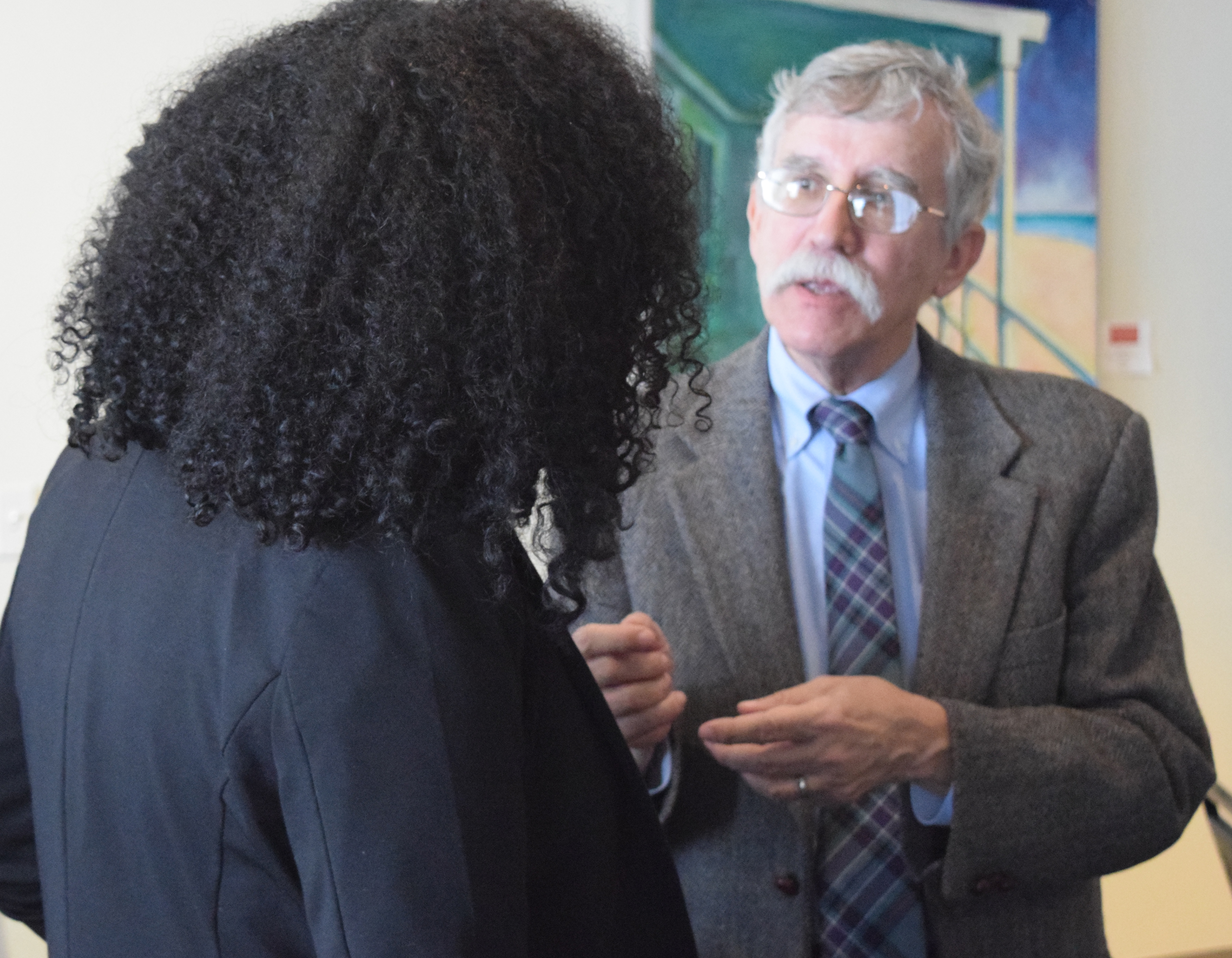AARP Hearing Center

RALEIGH -- National retirement security expert David C. John, spoke to a group of political and business leaders in Raleigh this week about a voluntary and low-cost way for small businesses to offer an easy and portable way for workers to save.
North Carolina has 1.7 million private sector workers without access to workplace retirement savings plans, proven to be the easiest and most effective way for workers to save for retirement. Research has proven that when workers can save for retirement with a payroll deduction, they usually do, just as when that option doesn’t exist, they rarely do.
North Carolina’s demographics are quickly changing. By 2025, 90 of the state’s 100 counties will have more people over age 60, than ages 18 and younger. Currently, over one-third of Social Security beneficiaries in the state rely on the program as their only source of income in retirement. Without adequate savings, the buying power of North Carolina consumers will decrease as we age.
AARP is working with those concerned about the economic health of the state, and ability of businesses to stay competitive, to create a retirement savings plan that will boost savings among workers who aren’t already saving for their future, while reducing the probability that people will become solely reliant on government programs for limited-income seniors.
The plan would give small businesses an opportunity to provide easy retirement savings options to their workers that are simple to set up with no administrator plan fees or liabilities. Several states have already created similar savings plans, and 35 states are expected to take action in the coming years. AARP will roll-out more details about the North Carolina state savings plan proposal in early January.
Learn more about the benefits of voluntary, low-cost retirement savings plans by listening to the presentation and discussion with David John. John is a senior policy advisor of the AARP Public Policy Institute and deputy director of the Retirement Security Project of the Brookings Institute. Prior to AARP, he served for over 14 years as a senior research fellow at the Heritage Foundation.































































